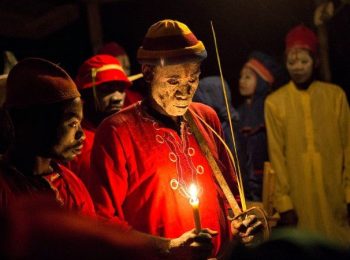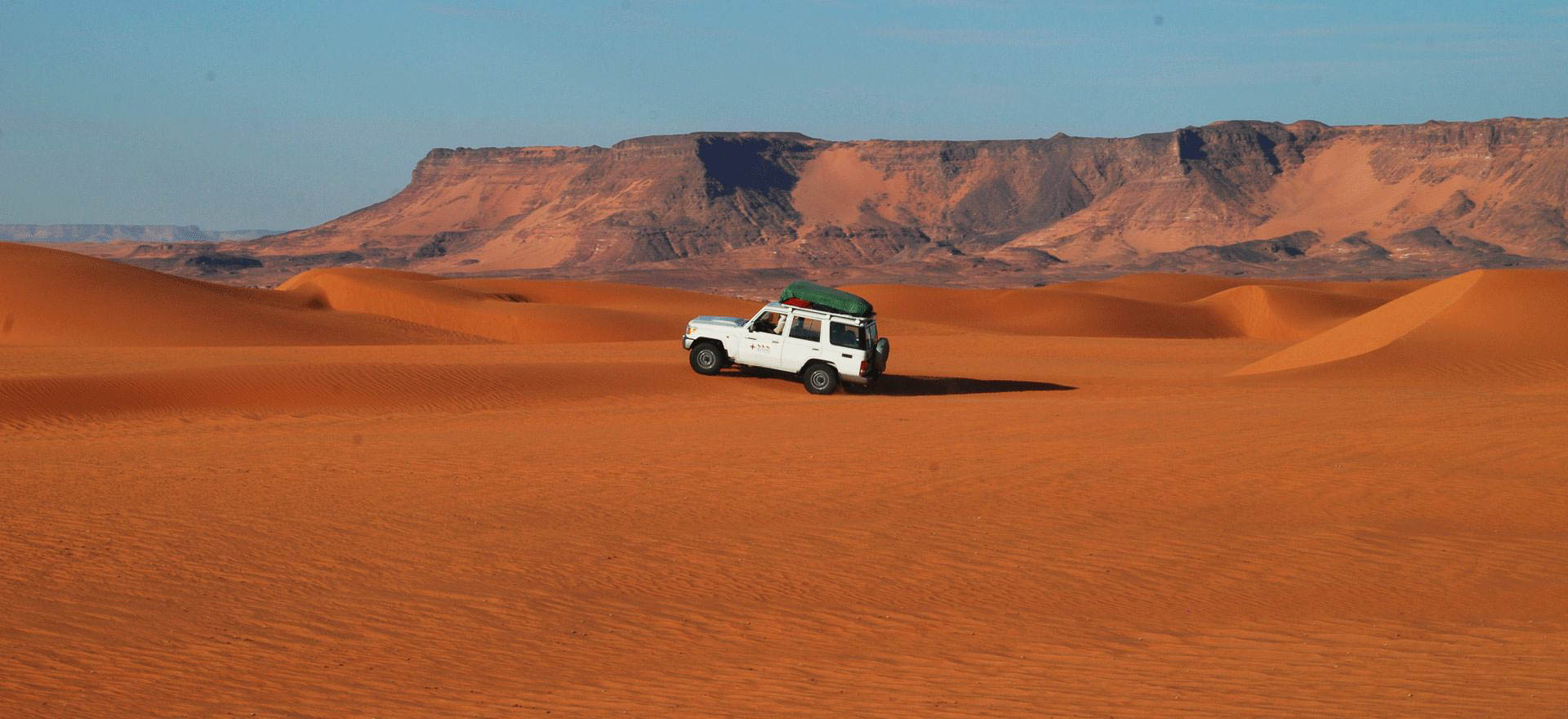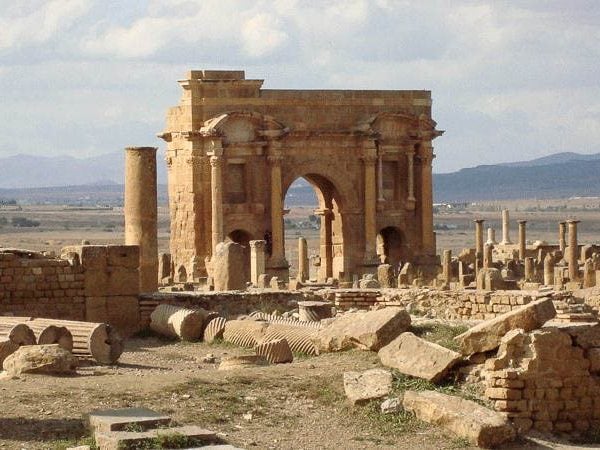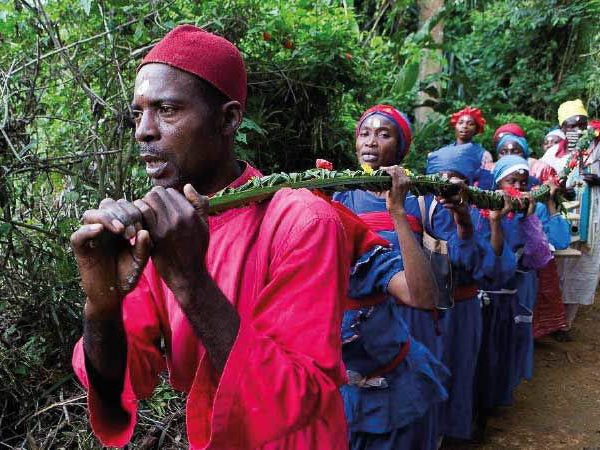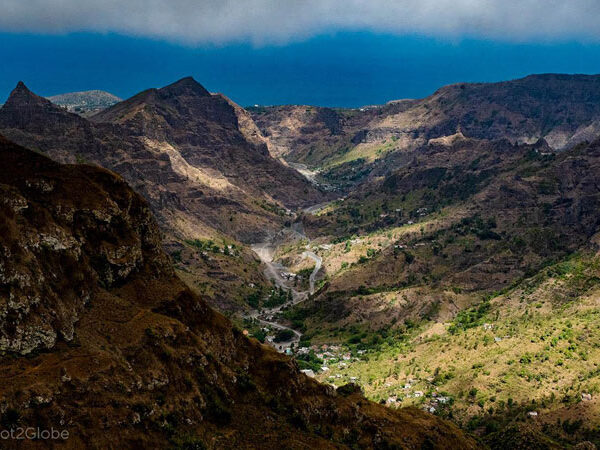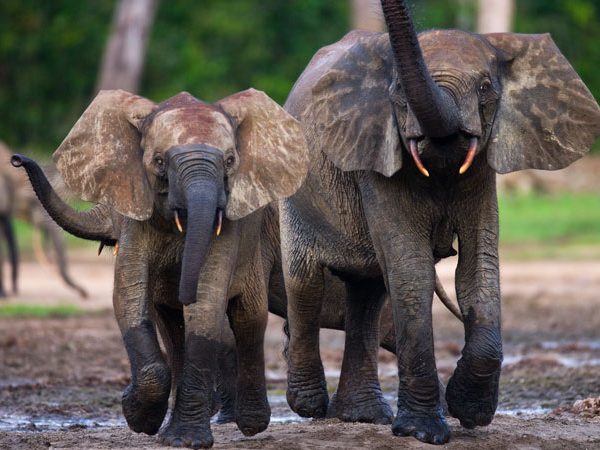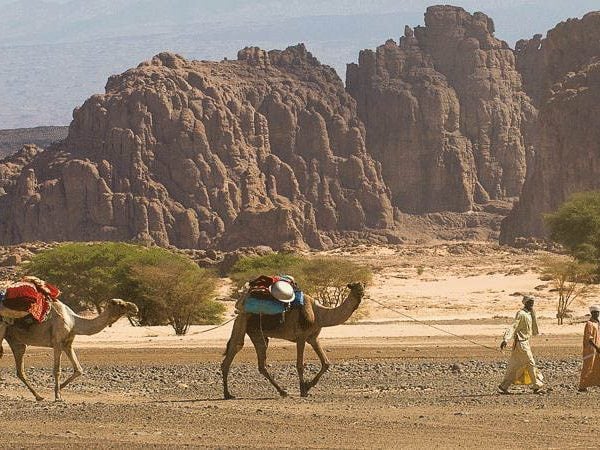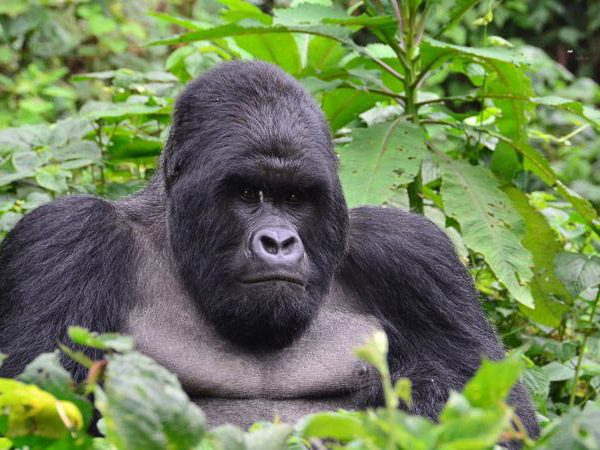Small group tours & tailor-made adventures
The 54 countries of Africa encompass a stunning range of diversity that is hard to match. From the arid deserts of the Sahara to the lush rainforests of the Congo Basin, Africa is a magical destination. What is exciting for us about Africa is that much of it still remains relatively unexplored by tourists. While most visitors stick to the well-trodden trails in the east and south of the continent, we focus on the worlds that lie beyond.
Travel with us to experience the magic of West Africa, where traditional beliefs are all powerful and voodoo ceremonies take place in the bush. Or explore the breathtaking deserts of Chad, a beautiful but largely unknown country that receives less than five hundred tourists a year. Discover ancient rock art in the deserts of Somaliland, and meet traditional tribal groups in Angola, Cameroon and Nigeria that have barely come across western visitors before.
We offer you Africa at its most intoxicating, alluring and exciting. Travel with us on a small group Africa tour or tailor-made trip, and you’ll understand why we’ve fallen in love with this mighty continent.
